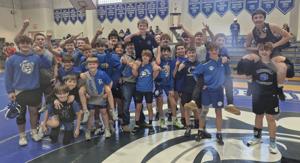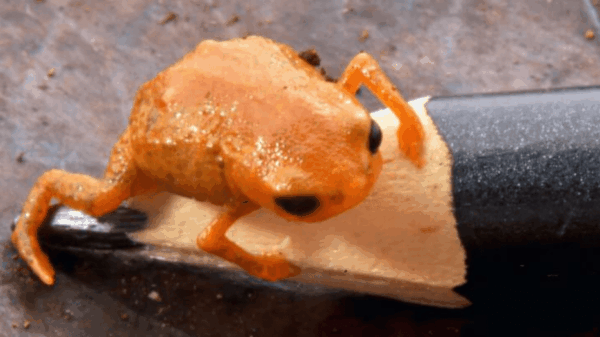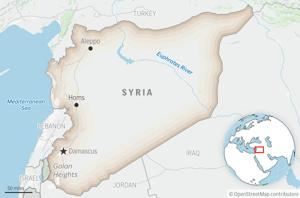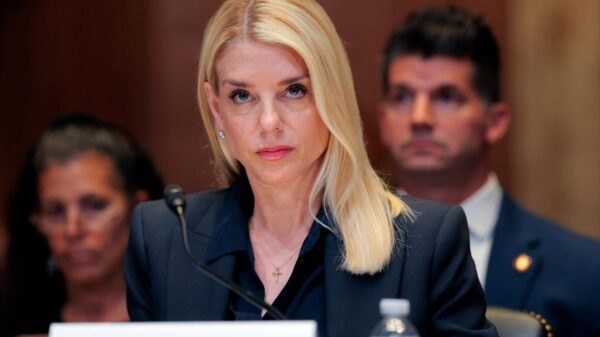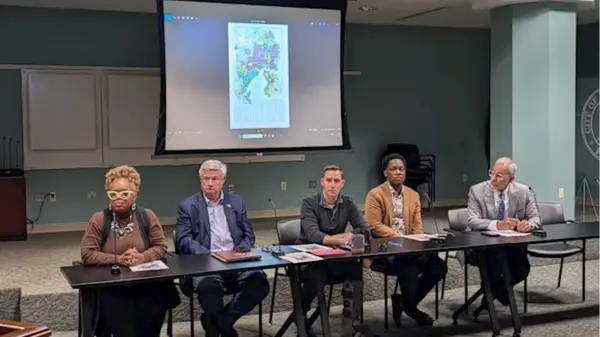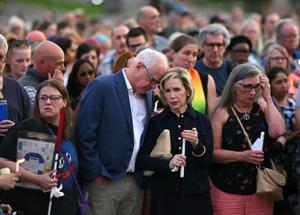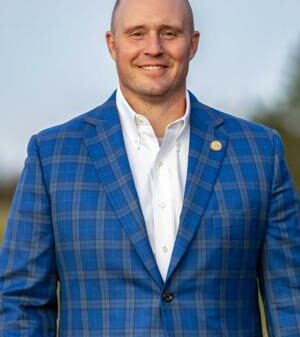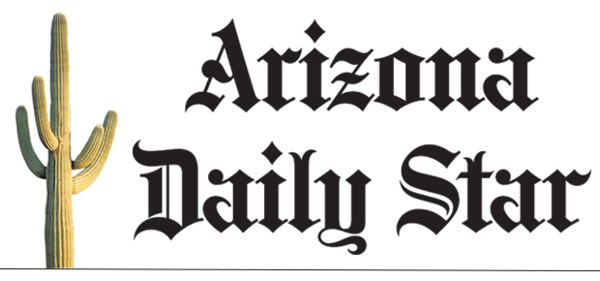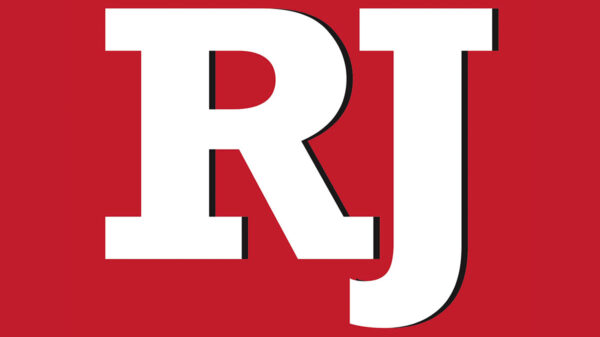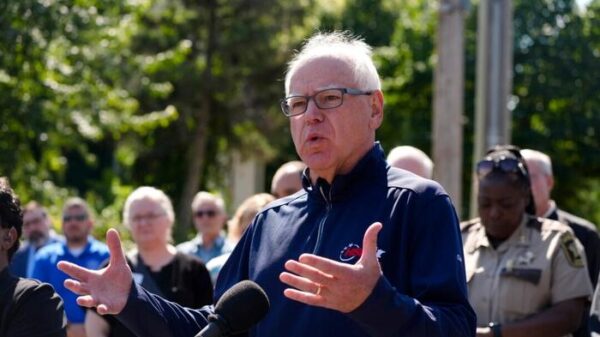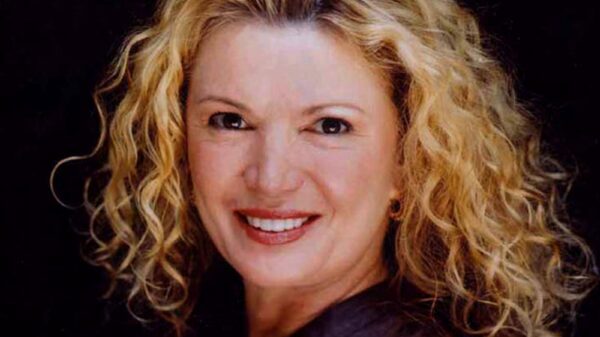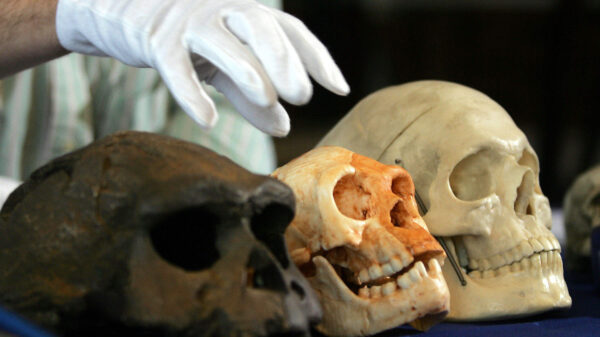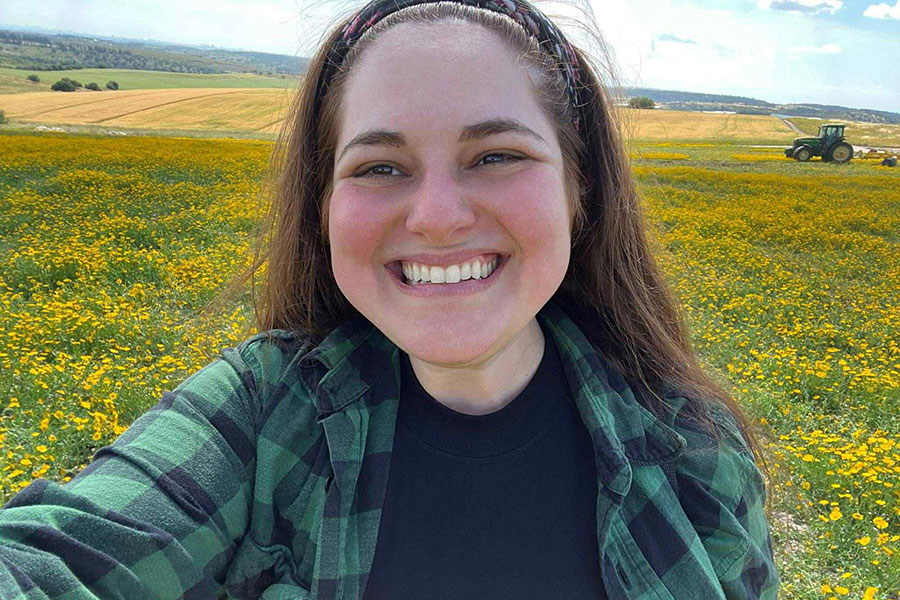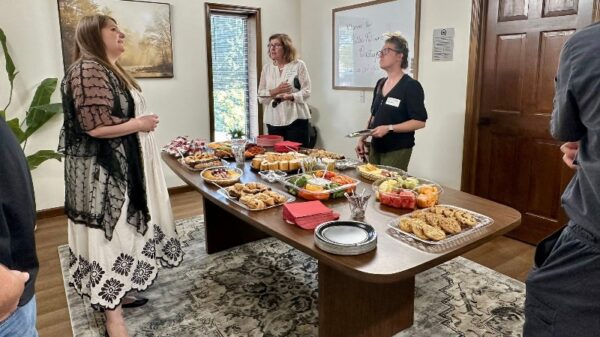Danielle Wirsansky, a doctoral student in the Department of History at Florida State University (FSU), has embarked on an enriching research journey to Israel, funded by a prestigious Fulbright U.S. Student Program grant. Her project aims to uncover the experiences of female agents from Britain’s Special Operations Executive (SOE) during World War II.
Historians often travel internationally to access vital sources for their research, and for Wirsansky, this journey is particularly significant. “I can’t speak enough about how impactful it is for my research to actually travel and go to an archive in the country that you’re studying,” she stated. “This is really a once-in-a-lifetime opportunity.”
Understanding the Fulbright Program
The Fulbright Program is a flagship international educational exchange initiative sponsored by the U.S. government. It is designed to foster mutual understanding between American citizens and people from other nations. Selection for the Fulbright U.S. Student Program is based on academic merit and demonstrated leadership potential, with opportunities available in over 160 countries worldwide.
Funding for the program primarily comes from an annual appropriation made by Congress to the U.S. Department of State Bureau of Educational and Cultural Affairs. Additional support is provided by participating governments, host institutions, corporations, and foundations.
Wirsansky’s interest in the Fulbright fellowship was ignited by observing its lasting impact on the career of her doctoral adviser, Nathan Stoltzfus. A former professor at FSU and expert in Holocaust studies, Stoltzfus completed his own Fulbright research in Germany in 1984, a project that continues to inform his work decades later. “It was incredible to see the longevity and effect a Fulbright award could have,” Wirsansky noted.
A Journey into History
Wirsansky holds both undergraduate and master’s degrees from FSU. Her journey into history began through the Undergraduate Research Opportunity Program (UROP), where she collaborated with Stoltzfus on research regarding the Rosenstrasse Protest of 1943. This pivotal event involved approximately 200 non-Jewish German women who staged a non-violent protest to demand the release of their Jewish family members from detention in Berlin.
Building on this foundation, Wirsansky wrote a play about the Holocaust for her Honors in the Major project, ultimately pursuing a master’s in history to solidify her credentials as a historical playwright. Her doctoral studies focus on the evolution of women’s roles in British society, particularly through the lens of female spies.
With a desire to follow in Stoltzfus’ footsteps, Wirsansky began preparing her Fulbright application as she entered her doctoral program. Her research focuses on the experiences of SOE agents who were captured and placed in concentration camps. In Jerusalem, she has gained unique access to resources at the Yad Vashem Museum, Israel’s official memorial to Holocaust victims. “This is one of the few places where I’m able to actually access deeper information for my research,” she remarked, emphasizing the importance of these resources for her dissertation.
This direct immersion into her research has not only broadened the scope of Wirsansky’s academic work but has also fueled her creative ambitions. “I feel like I’m set on research topics and things to write about for the next decade,” she expressed. “Even though I’m still very excited for my dissertation, I’m almost even more excited for all the projects and research that I’ll get to work on after that have come from this research trip.”
As the founder and finance director of White Mouse Productions, a theatre company based in Tallahassee, Wirsansky merges her passion for history with her artistic pursuits. “My playwriting work and my academic work overlap a lot,” she explained. “I usually find a person, place, or event that I think is so interesting that it’s not enough to write about them in just one field.”
Her creative endeavors have led to the development of a collection of short plays focusing on the female agents she studies in her dissertation, emphasizing the human aspects of Holocaust education. “It’s not always about places, people, and facts — it’s also about the aspects of humanity that we can gain,” she said.
After completing her Fulbright fellowship and doctorate, Wirsansky intends to continue her research, teaching, and writing on historical topics. “What really feeds my soul is the research and the writing,” she stated, acknowledging the support she has received from the Office of Graduate Fellowships and Awards at FSU. “If you’re aware of all the resources FSU has to offer, you can really make any research dream come true. Half of the battle is just applying.”
For those interested in applying for a Fulbright fellowship, graduate students can contact Keith McCall, assistant director of the FSU Office of Graduate Fellowships and Awards, while undergraduates may reach out to Bonnie Garcia-Gloeckner, assistant director of the FSU Office of National Fellowships. Faculty members can connect with Peggy Wright-Cleveland, director of FSU Faculty Development, for further information.


